To illustrate everyday problems with immigration in the EU let’s look at three short news stories, all from the end of 2018: On the 19th of December, a Ukrainian immigrant on Warsaw street attacks a Pole with a knife. At the same time, the media sounds alarm bells telling Polish employers that their Ukrainian employees will soon set off for the opening German market. Finally, at the beginning of the month, Poland’s Ministry of Foreign Affairs announces that asylum had been granted to Silje Garmo, a Norwegian woman who fled to Poland due to fears her government was going to take her child from her over drug-use accusations.
Many among the Western public fear immigrants, yet, at the same time, Europe’s elites understand their economic benefit. The problem is certain to intensify as a new and dangerous immigration wave poises to hit Europe, while average Europeans begin exploring the opposite motion, escape from Western countries to the more traditional societies of Eastern Europe.
The Unresolvable Contradiction of Immigration
These seemingly unrelated events show the tragic intersection of immigration policy and the socio-ethnic situation in Europe. On the one hand, European economies need cheap labor from countries outside the eurozone, on the other, mass immigration leads to irresolvable conflicts between migrants and the people of their host nation. Western societies seem to be collapsing under the weight of contradictions between the globalist ideology of the “Open Society”[1] and traditional values such as family, nation and religion.
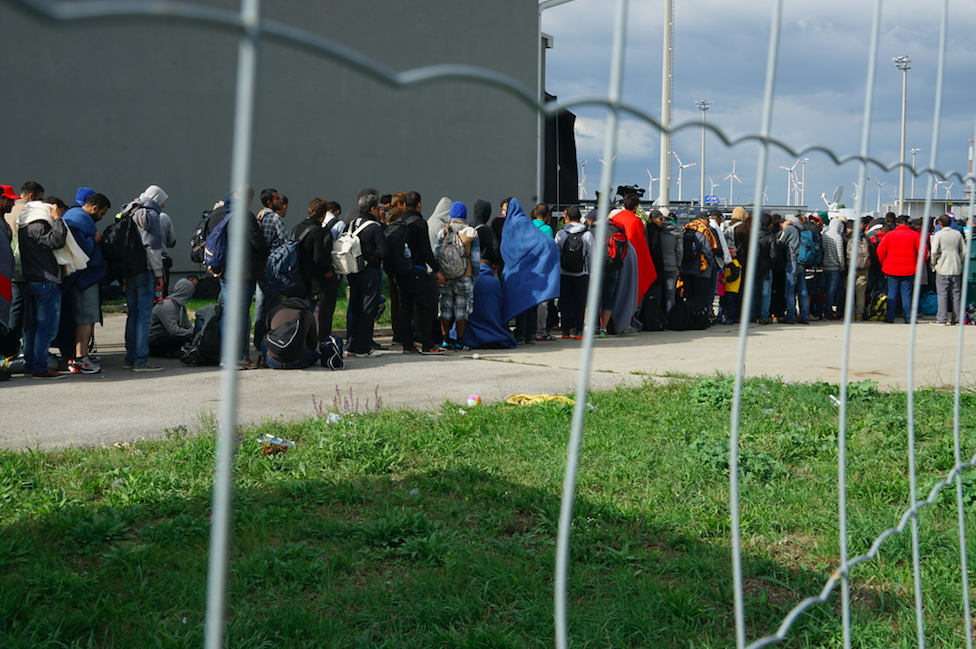
Much contemporary writing on European immigration policy, regardless of whether the author represents an official vision focused on creating compassion for “refugees” or remains skeptical about the economic and political ramifications, often misleadingly describes immigration as a homogeneous phenomenon. In the last four years, about 8.8 million people have come to Europe from all over the globe, and 3 million have received a First Residence Permit.
Contrary to claims that the phenomena of miss migration died down following the first large wave in 2015 when a million migrants arrived in Greece, Spain and Italy from the Near-East and Africa to seek entrance to the EU – this is hardly a drop in the bucket. About half a million have arrived each subsequent year, turning the immigration crisis into an immigrant catastrophe. At the same time, a second mass-wave of immigrants is already entering the European Union almost unnoticed, this time not from the so-called “third world”, but from Ukraine. Furthermore, unlike those arriving from the South, the 1.8mn Ukrainians are not fleeing directly from their home country, they are coming from Poland.
The traditionally oriented Eastern European nation has its own particular conditions worth exploring. For almost half a century, Poland has been predominantly mono-ethnic. The country’s inhabitants are not accustomed to functioning among foreign-language waiters, merchants, cleaners, mechanics and agricultural workers, and the problem goes far beyond difficult accents. It is also necessary to take into account the resent the two nations have toward one another after living side by side for Centuries. Although relations between the two nations have seen good times and bad, the bad episodes include bloody conflict, war, crime and even genocide. For Ukrainian nationalism, Poland is a historic enemy and a former hegemon. In turn, Polish patriotism cannot forget the near quarter of a million Poles murdered during World War II and shortly thereafter by Ukrainian chauvinists under the leadership of Stepan Bandera. Today, Bandera is the National Hero of the Ukrainian state, and those coming to Poland are of the generation brought up in his cult of fame.
The issue is also not resigned purely historical questions. The basic problem of immigration policy in Europe is finding a balance between incentives for immigrants to join in European economic life and methods to offset the potential social crises they bring with them. Put simply – while people in the West may not be against migrants entering the labor market and taking over the lowest paid jobs, they oppose the broad cultural and demographic changes mass migration entails.
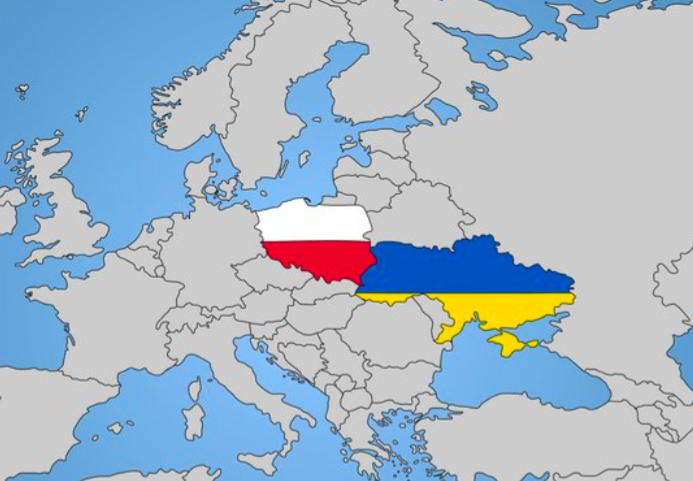
Europe’s economic elites miscalculated. They seemed convinced that Western societies brainwashed for several decades in the spirit of political correctness will now swallow the “cultural enrichment” of migrants without resistance. Needless to say, this acceptance has not materialized. Although deprived of much of their former spirit, Western nations feel an explicit discomfort in the presence of large numbers of cultural strangers and have reacted strongly against them with large demonstrations and even violence. It’s something like a Lazarus Reflex – – the muscles and even the nerves are still reacting, even though the body, or at least the brain, is dead.
Paradoxically, these uncoordinated and ham-fisted defensive measures opposing migrants or migration policy only worsen the predicament, creating justification for further restrictions on civil rights, democratic freedoms and the latest chapters in the “War on Terrorism”, which end up creating even more waves of refugees. These issues are the key strategies of the global financial elite who are turning the world into a giant casino where the house always wins, whether or not the people resist with all of their strength or passively accept their lot.
European Schizophrenia
Silje Garmo’s flight from Norway to Poland is just a symbol of the helpless rebellion of Europeans against multiculturalism and the drive toward the “Open Society”, which is ironically completely closed to needs and desires of most ordinary people. This vision of society deprives average people of the right to raise children in accordance with the traditional values of their families or community. Western societies are unaware that another phase in this process awaits them – this time based on the Polish-Ukrainian experiment. If even the Poles and Ukrainians (who share many cultural similarities) are struggling to adapt to integration, why would Western Europe’s rulers want to force die Fremdarbeiterson societies where they will be faced with radical difference?
The Ukrainians are being brought in to replace the Poles, Lithuanians and Hungarians whose earning aspirations and position in Western society is slowly but surely growing. The Romanians who currently fill this role will not meet the needs of the German, Dutch and British economies for much longer. Currently, the level of Ukrainian migration to Germany is negligible – barely a thousand professionals a year. However, Polish and German experts estimate that immediately after the liberalization of the labor market in Germany (1/1/2020) around 250,000 to 500,000 Ukrainians will move there from Poland within the first few months. In total, approximately 60% of Ukrainians currently employed in Poland expressed readiness to move to Germany (that is about 1.2 million people) and that is without counting the nearly 44% of Ukrainians who still hope to immigrate from their home country. All in all, we could be looking at around 6 million people!
Of course, Ukraine’s human resources are not inexhaustible – many experts believe that Ukrainians are the “last supply for the labor force” in Europe. But that does not mean that they are universally suitable for replacing migrants from the Maghreb or Africa. The increasingly difficult situation in Poland proves that the Ukrainians are not as adaptable as immigration proponents would hope. Let’s also remember that we are talking about people deeply imbued with Nazi ideology and vehemently opposed to assimilation. While they see Ukrainian nationality as a quasi-religious trait, they often harbor hatred for other ethnic groups (including those in their host-nations). Is Europe ready to share its cultural life with a nation where a significant number of people revere Hitler publicly and, under the care of their state, pay homage to the Waffen-SS?
Although contemporary Europe is already dominated by the ideology of the “Open Society”, its political and financial elites are nonetheless becoming more and more closed to national demands. At the same time, European Governments (despite Polish or Hungarian protestation) are declaring their will to continue present immigration policy and forge a New European Society based on open border policies… but the immigrants in question are doing little more than accepting the invitation – they more often than not refuse to participate in any ideological project, maintaining their own values, often in a radical and even pathological way. The EU is pursuing a schizophrenic policy which is driving Europe toward self-destruction.
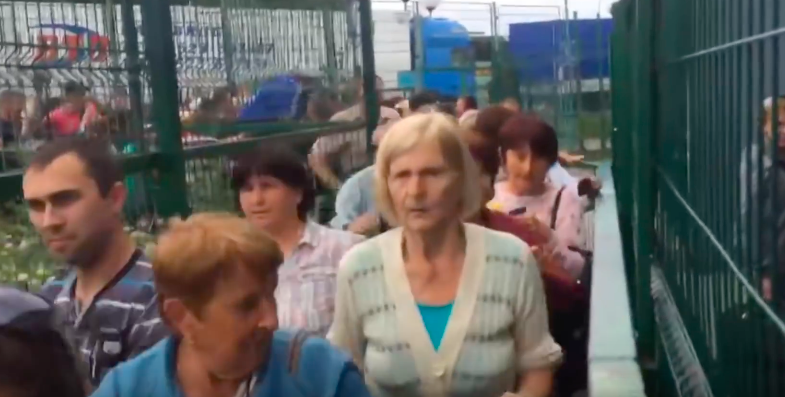
In Search of Paradise Lost
The emergence of Ukrainian migrants in the West will inevitably deepen Europe’s identity crisis. Eastern Europeans find it difficult to understand that political correctness is not just a slogan politicians use, but an ideology rooted in every aspect of social consciousness. The ostentatious “openness to immigrants” goes hand in hand with the growing oppression towards native citizens, who are controlled at every step, where children (especially in Germanic countries) are essentially regarded as state property and taught from infancy to turn in their own parents if need be. The desire to escape the omnipresent gaze of Big Brother is becoming more and more common, with some Europeans now even seeking refuge outside the EU. However, in order to escape, they need to run further than ever before – to the East, Belarus and Russia, following the path set by Depardieu and others. Just as the globalists pushed beyond their borders to find new markers, so today traditionally minded people ironically must seek a traditional life outside their native land. While immigration to escape immigration may seem to be a contradiction on the surface, it is a dialectic one, and part of a natural geopolitical balancing act.
In the West, peace is no longer a possibility. The chaos there will increase in tandem with the next wave of immigrants, including millions of Ukrainians. An isolated stabbing will be the smallest of their problems – the entire social structure in this part of the continent may collapse, along with the basis of their identity. Europeans must defend their culture and lifestyle, by all means necessary, or take the path of emigres and rebuild it elsewhere. In spite of the odds, people will find a way to live a life where the family is still a family, gender is not optional, and the relationship between God, man and community is set by the Tradition.
[1]I use this term not in reference to Karl Popper’s concept, but rather to its bastardization put forward by globalist social engineers headed by George Soros.


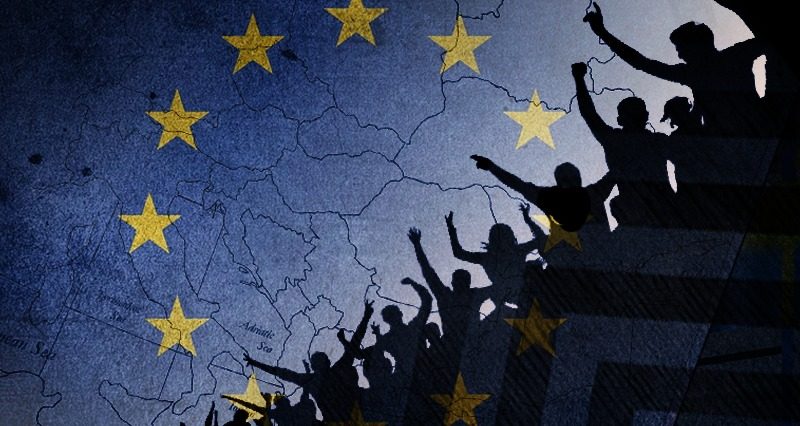
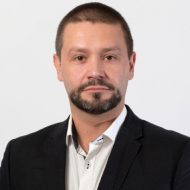





Leave a Reply